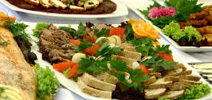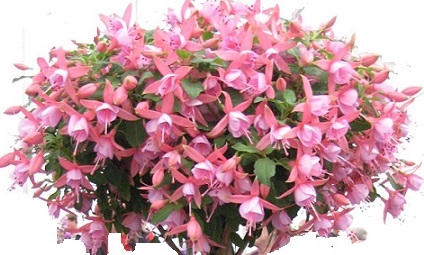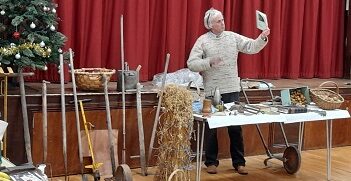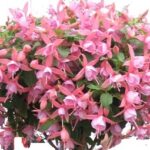Meeting: January 28th
At our January meeting, Sam Davies gave us a very personal and inspiring insight into self-sufficiency. Sam and his wife Kate have not bought vegetables for over 15 years. As well as growing fruit and vegetables, they also keep bees, goats, geese and chickens on their two acre small-holding in Shropshire and produce electricity via solar panels.
Sam explained that there are degrees of difficulty in being self-sufficient. Fruit, vegetables, eggs, dairy, alcohol and fuel (solar, wind, wood) are relatively easy to be self-sufficient in. More difficult are things like cereals & flour, clothing, soap, cleaning products, holidays and socialising (not many publicans will swap beers for cabbages!). Items such as a mortgage, a vehicle and the associated insurance/tax, utility supply and council tax fall into the ‘very difficult’ category and generally require cold hard currency! Both Sam and Kate work 3 days a week, as a gardener and nurse respectively.
In order to feed themselves throughout the year, Sam and Kate base their diet on a combination of fresh, stored, dried, frozen and preserved fruit and vegetables. Being vegetarians they rely heavily on beans as a source of protein and dry lots and lots of beans in order to see them through the year. They have also invested in a dehydrator to provide a winter source of dried fruit, sweetcorn, foraged mushrooms and fruit leather, a tasty treat that Sam highly recommended. Their least preferred method of storage is freezing because it is the most expensive. Sam commented that they have noticed that growing and storing fruit and vegetables have become more difficult over recent years as a result of the effects of climate change.
Click here to see what Sam and Kate eat throughout the year
Sam’s top tips for efficient vegetable growing were to use raised beds (or at least defined beds) and to employ a ‘minimal dig’ approach, instead mulching regularly and, when not in use, either growing a green manure or covering with membrane/black plastic to keep weeds under control. Sam provided lots more useful information on vegetable selection, growing, mulching, composting, storing, brewing and even hay-bale making, much more than can possibly be covered here. However, a few further tips for self-sufficiency included scything rather than strimming (to save on fuel), collecting as much rain water as you possibly can (they collect up to 8000 litres), brewing your own alcohol and getting any house guests to help with the work!
Jane Cross








